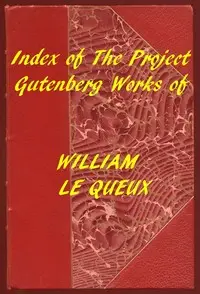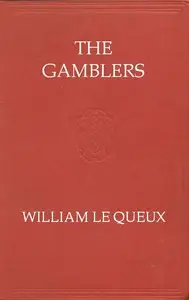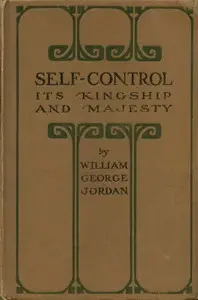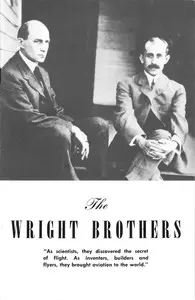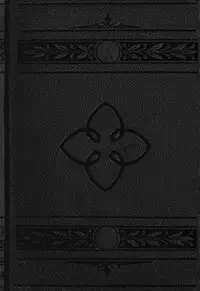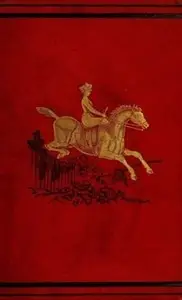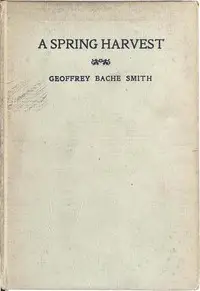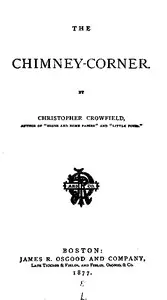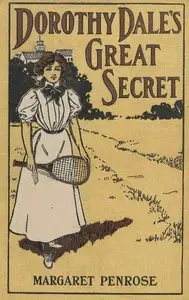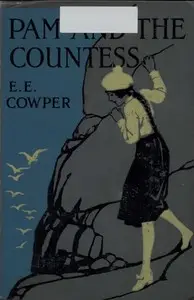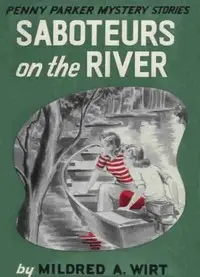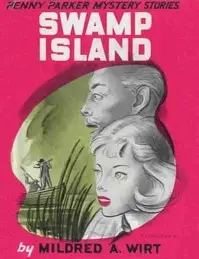"An Eye for an Eye" by William Le Queux is a mystery novel written in the late 19th century. The story follows Frank Urwin, a special reporter for a respectable London newspaper, and his friend Richard Cleugh, a sharp and unconventional journalist known as "the Mystery Man." Together, they delve into a series of strange events surrounding the sudden deaths of two individuals found in a lavish Kensington home, setting the stage for a tale filled with intrigue, romance, and hidden secrets. The opening of the novel introduces us to the context in which the mystery unfolds, as Urwin and Cleugh discuss a remarkable occurrence they believe is connected to two enigmatic deaths. After an unusual telegram summons Urwin to a police station, he learns of a baffling discovery made by Inspector Patterson—two deceased individuals in a setting that suggests more than just a tragic accident. The narrative is rich in detail, describing the characters' various backgrounds and personalities, as well as the atmosphere of journalistic life in London. As Urwin and Patterson explore the scene, they encounter baffling clues, including three mysterious cards and a strange liquid in a laboratory, hinting at darker undercurrents behind the apparent tragedy. The tension builds as the investigation spirals deeper into the realms of deception and hidden motives. (This is an automatically generated summary.)

An Eye for an Eye
By William Le Queux
"An Eye for an Eye" by William Le Queux is a mystery novel written in the late 19th century. The story follows Frank Urwin, a special reporter for a r...
William Tufnell Le Queux was an Anglo-French journalist and writer. He was also a diplomat, a traveller, a flying buff who officiated at the first British air meeting at Doncaster in 1909, and a wireless pioneer who broadcast music from his own station long before radio was generally available; his claims regarding his own abilities and exploits, however, were usually exaggerated. His best-known works are the anti-French and anti-Russian invasion fantasy The Great War in England in 1897 (1894) and the anti-German invasion fantasy The Invasion of 1910 (1906), the latter becoming a bestseller.




